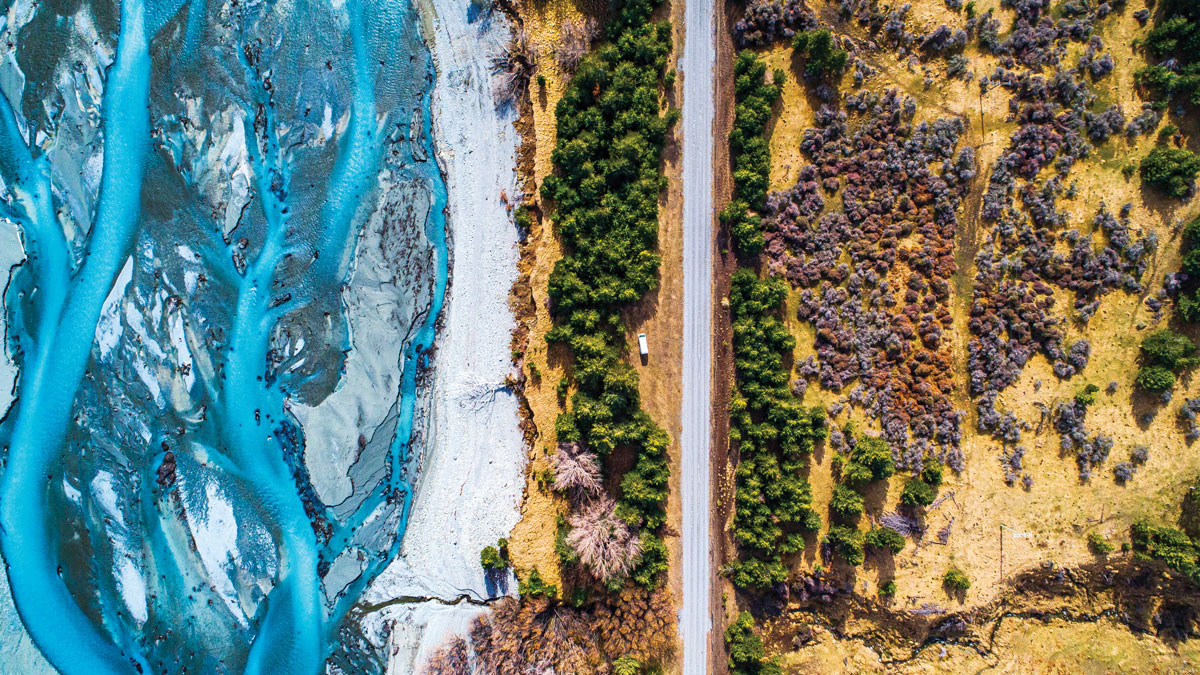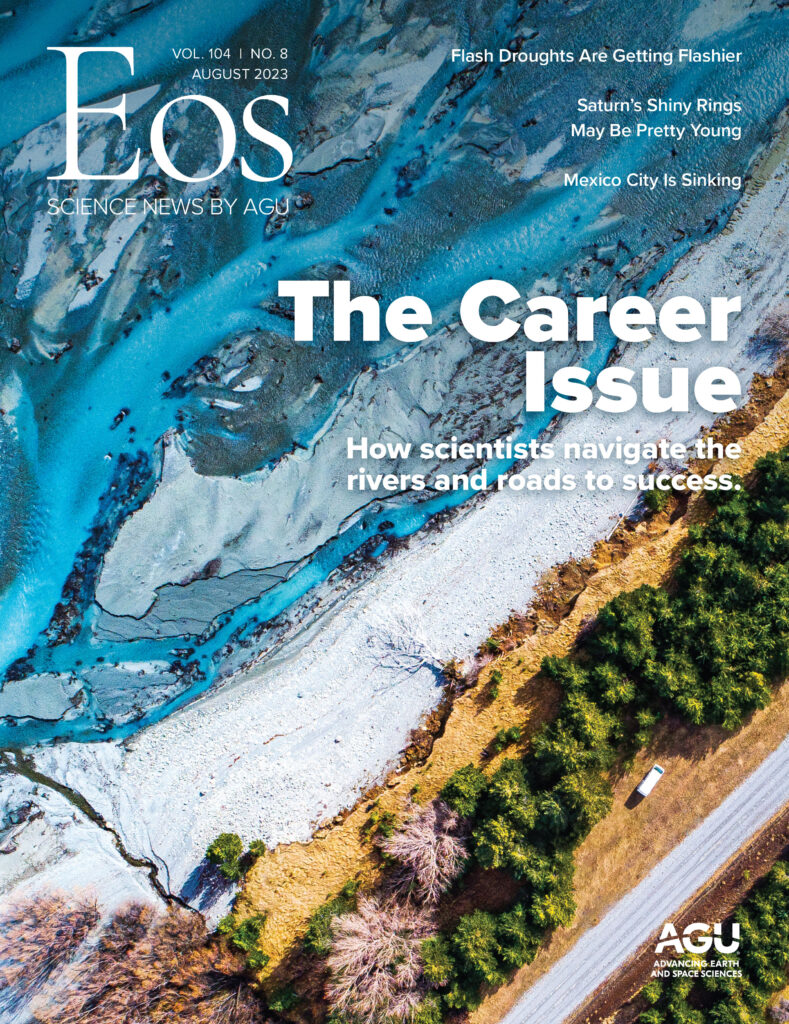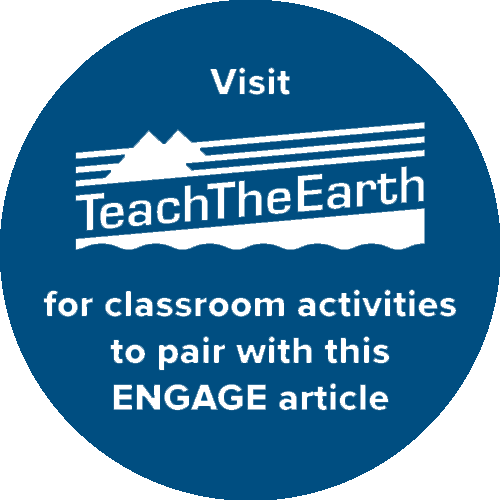When I was in high school, I had to take a career test—the kind that predicted what your future profession should be on the basis of your answers to a series of seemingly unrelated questions. My result? A journalist. My teenage self said “nope,” and I walked as far away from journalism as I thought possible. I wanted to be a scientist. Experiments, the great unknown, big discoveries—I loved it all. A few degrees later, I realized that talking about my work and learning about the various ways people do science brought me a joy I didn’t find in the lab or field. After graduate school, I leapt head first into science journalism. My high school vocational test was shockingly accurate.
Some career paths are straight. Others take sharp turns. Some take you in a direction you didn’t expect. Each is unique and valid: There is no wrong way to navigate the journey.
By popular demand, we’re publishing our annual Career Issue. This year, we highlight 14 scientists who have fashioned their own courses through formal (or not so formal) education, trial and error, and sometimes random chance. They are researchers, entrepreneurs, curators, and wanderers. Some have followed straight(ish) journeys; many have pivoted. Some have gone back to their roots to find purpose and inspiration. Others have found themselves in careers they didn’t know existed.
Boldly go and read about how astrophysicist Erin Macdonald advises one of science fiction’s most iconic space franchises. Back on Earth, find out why storm chaser Jen Walton founded an organization that encourages women like her to seek adventure. Discover how, after learning about the devastating effects of air pollution in his home country of Ghana, Collins Gameli Hodoli sought a Ph.D. abroad, then returned home to pepper communities with air quality monitors. Meet paleontologist Aline Ghilardi, who has spoken out against colonialism in the geosciences, advocating for the repatriation of fossils to their country of origin.
This year, we here at Eos are reflecting on mentorship—relationships that inspire, guide, and nudge us along our paths. Mentors show us what it can mean to be a scientist and introduce us to paths unknown. Mentees offer perspective and opportunities to develop leadership and communication skills. We find mentorship in both predictable and unexpected places when we form meaningful bonds with people who are like us or very much not like us. If you reach beyond your circle, you may just learn something new.
—Jennifer Schmidt, Managing Editor
This news article is included in our ENGAGE resource for educators seeking science news for their classroom lessons. Browse all ENGAGE articles, and share with your fellow educators how you integrated the article into an activity in the comments section below.



